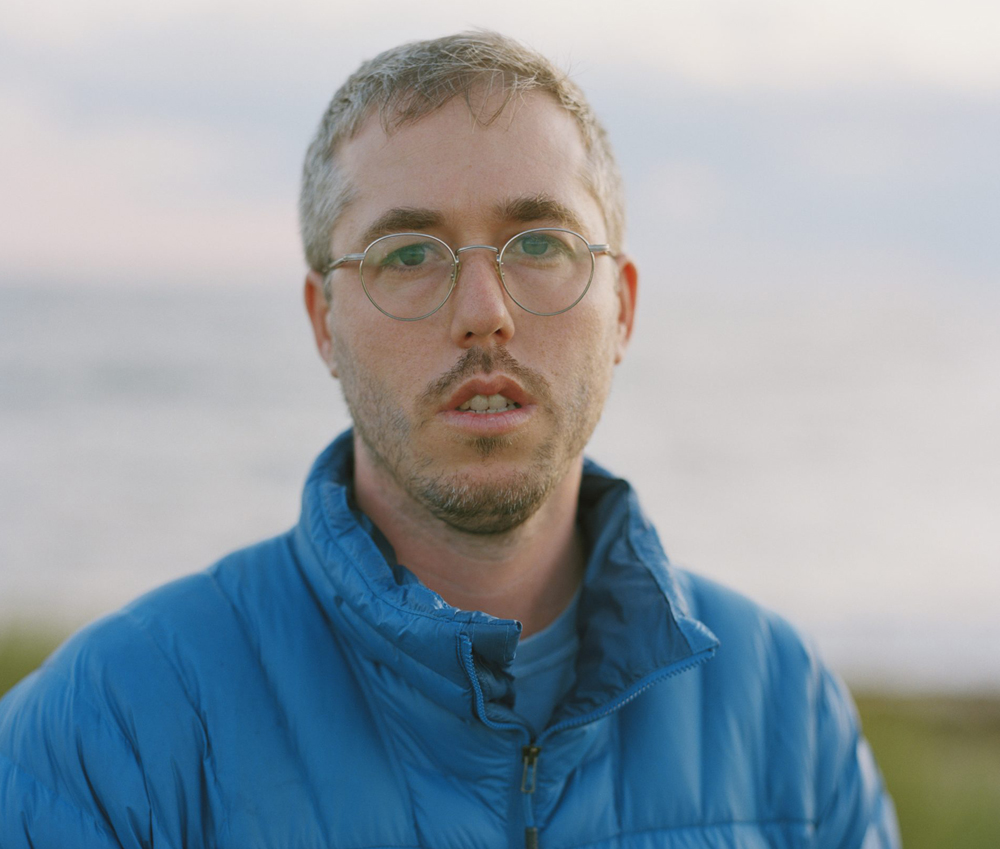Jesse Kivel: Unpacking the ‘90s Wedding DJ-Style

photo credit: David Kitz
The centerpiece of Jesse Kivel’s debut solo LP, Infinite Jess, is “Northside,” a bittersweet indie-rock banger that subtly melds seemingly incompatible genres: The breakbeat-styled drum loops draw from the raw energy of new jack swing; the bass guitar drones like vintage shoegaze; and the electric guitars glisten like Smashing Pumpkins circa “1979.” That mix-and-match mindset comes naturally to Kivel, a former member of LA synth-pop duo Kisses and, crucially, a part-time wedding DJ. “That’s also the exercise at times [in DJing]: putting things together and finding through lines of things that feel disparate,” he says. That type of maneuvering happens “pretty organically” for the songwriter. But he also recognizes that he’s “unpacking this whole era of ‘90s music” on “Northside,” pulling from genres that wouldn’t normally coexist on the same cut. “I was like, ‘I need a breakbeat for this track,’” he notes, delving into the early recording process behind Infinite Jess. “If you listen to Primal Scream or Candy Flip, those are beat-driven records. But those bands also overlapped with Oasis and Blur. I wanted to put them all together—it makes sense to me because they were happening simultaneously. Oasis probably would have freaked out if there was drum programming on any of their records because that’s not rock[1]and-roll, but I loved that mixture and thought to myself, ‘How do I make this all make sense?’” Kivel pulls off a tricky balance throughout the album—filling each track with musical surprises (the fretless bass and sexy synth ambiance of “Desert, Moonlight,” the airy electronics and vocoder of “Perfecting the Art”) while maintaining a meditative breeziness. For Kivel, embracing a free-for-all approach under his own name feels liberating: After years spent trying to live up to the expectations and mystique of any given project, he now feels free to go anywhere. “It’s very personal to put your name on a [record],” he says. “As soon as you have a project name, you’re giving weight to this third party, like, ‘What do Kisses fans want?’ If someone asked me, ‘What do Jesse Kivel fans want?’ I’d think, ‘One, I don’t know how many fans there are.’ And two, I’d be like, ‘That’s for me to decide.’”




















